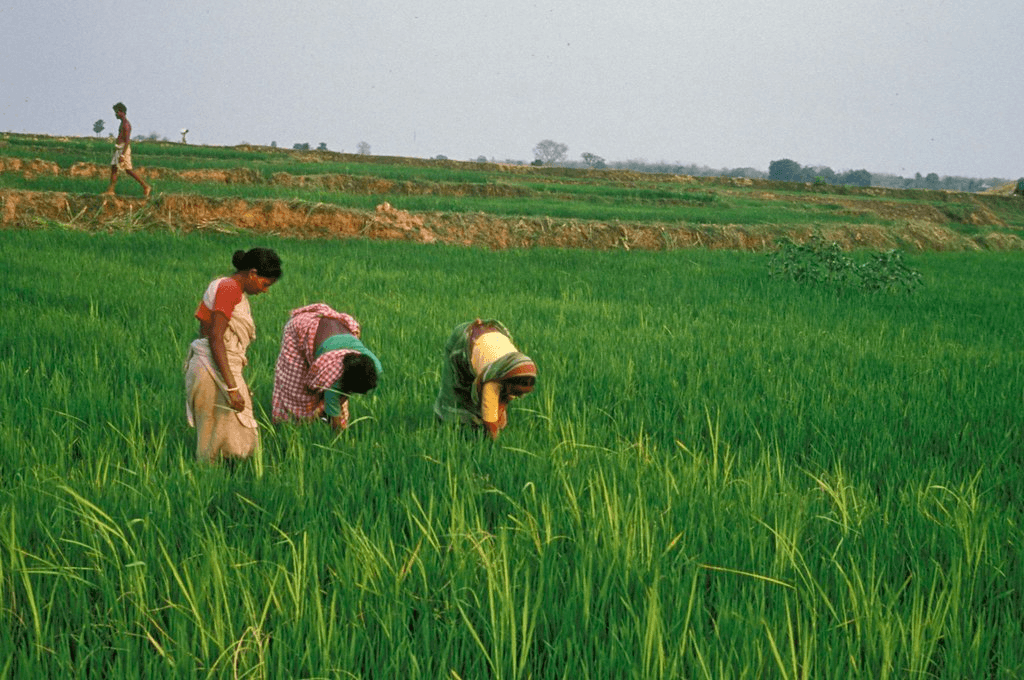In a notable milestone for India’s agri-biotechnology sector, the Indian Council of Agricultural Research (ICAR) announced the development of two gene-edited rice varieties that display climate resilience and enhanced productivity, achieved without any introduction of foreign DNA.
Despite marking a tremendous step towards sustainable agriculture and food security, the release sparked public debate over biosafety, ethics, and consumer acceptance, necessitating a nuanced assessment of gene-edited food crops in the Indian context.
Follow the latest news and policy debates on sustainable agriculture, biomedicine, and other ‘disruptive’ innovations. Subscribe to our newsletter.
India is the largest producer of rice globally and relies on rice for its food and nutritional security. Rice cultivation, however, is hampered by low yield, drought, and soil salinity, which are ubiquitous in Indian farming regions, but exacerbated by climate change.
The development of two GE rice varieties – RR Rice 100 (Kamala) and Pusa DST Rice 1 – was announced by ICAR in May 2025. Using a CRISPR/Cas9 gene-editing platform, scientists carried out precise gene edits …, enhancing yield and improving adaptation to salt, drought, and climate stressors.

